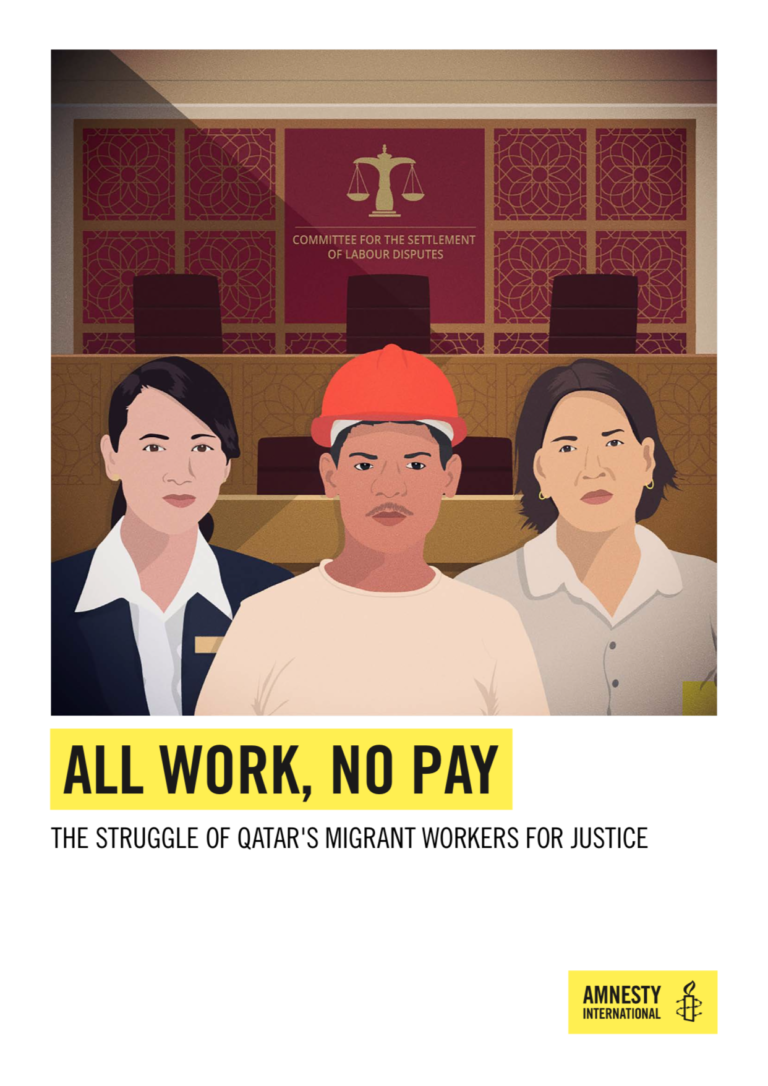Producing Statelessness How the Predicament of Migrant Workers Generates the Existence of Stateless Children in Taiwan
News & AnalysisPublications‘The term “stateless person” means a person who is not considered as a national by any State under the operation of its law’. Clearly stated in Article 1 of the 1954 Convention Relating to the Status of Stateless Persons by the United Nation...Read More

